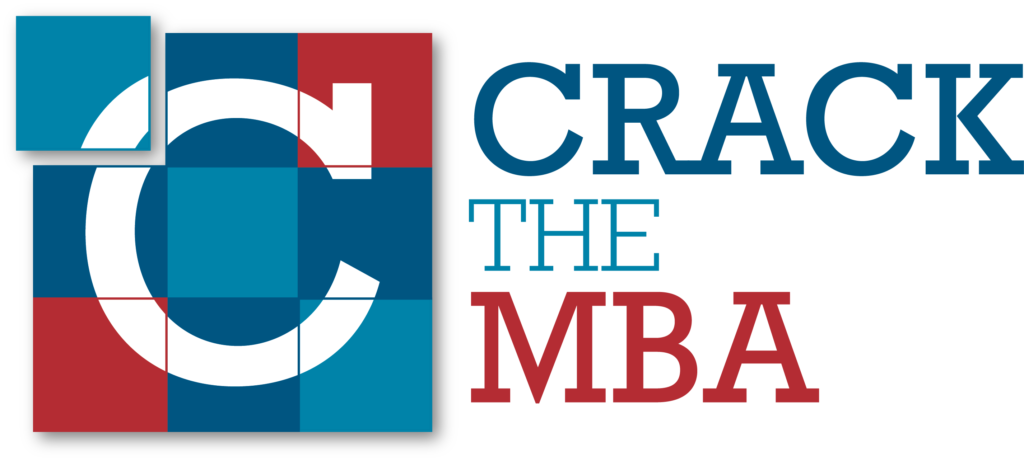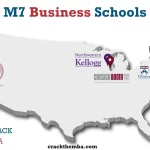Tuck School of Business Gets New Curriculum for First-Year Students

Based in Hanover, New Hampshire, the Tuck School of Business became the world’s first institution to offer an MBA degree in 1900. A century and two decades later, the business school is counted among the best institutions in the U.S. offering a full-time MBA program.
Tuck School of Business recently enhanced the core curriculum for its first-year MBA students to focus on the career journey of students, demonstrating the importance of staying current in the face of new business developments.
The Enhanced Curriculum
Tuck began the revision of the multi-year core curriculum in January 2018, after seeking input from students, faculty, recruiters, alumni, and staff, with the main focus of the enhanced curriculum being a focus on the career journey of students.
The enhancement review, which was carried out by the Curriculum Review Committee and Curriculum Implementation Committee, led by Jack Byrne Professor of Accounting Phil Stocken, saw the feedback being developed into the principles around which the actual content would be taught. The enhanced core curriculum places greater emphasis on skills such as functional expertise, analytical skills, and personal leadership capabilities.
These skills are inculcated into the curriculum through coursework and allow students to engage with faculty and each other in a collaborative environment that encourages integration between curricular, co-curricular, and career-oriented activities. All of this is mapped into the first-year calendar to allow students to focus on activities such as industry information sessions, leadership training, and internship recruiting in the Winter and Spring.
The enhanced curriculum came into effect in the Summer of 2019, for the Class of 2021, and the orientation program included four sessions of the new core course Managing People, as well as personal leadership instruction with Syd Finkelstein, the Steven Roth Professor of Management, and presentations and exercises from the Career Services office.
A Look Into Tuck’s New Curriculum
A sneak peek into the curriculum shows an “introduction to the data visualization software Tableau; the use of statistics for predictive analytics; spreadsheet modeling and optimization; and topics such as probability, utility, and prospect theories, and machine learning through neural networks and cluster analysis”. Analytics have played an important part in the curriculum at Tuck, as much of the content is directly related to other core courses. For example, the Analytics sessions on heuristics and biases and how they affect decision-making are also discussed in Managing People, as well as in Managerial Economics, Marketing, and Strategy. Professor James Smith, who is the Jack Byrne Professor in Decision Science says:
We try to emphasize that a lot of the concepts in Analytics are about ways of thinking. There might not always be time to make actual calculations, but you can at least have air-tight logic about what data is important to study and why. Data isn’t worth anything unless it can impact a decision.
The new core calendar also places emphasis on the career search timeline. This was achieved by moving core courses such as Strategy and Marketing to Fall B (which takes place from October – December) to provide students with time for their internship interviews. There’s also personal leadership, which ties Managing People with another new core course, Managing Organizations.The winter term will also start from the second week of January to allow off-campus interviews for students. Joe Hall, the Senior Associate Dean for Teaching and Learning says:
This is designed to allow students to vigorously pursue an internship during the winter term and allow them to schedule off-campus interviews in a way that doesn’t conflict with course schedules.
For students who might have internship interviews in the spring, the new core calendar allows them to take more electives in the winter, so as to have a lighter schedule later on in the year.
Benefit for Second-Year Students
However, not all of the changes in the curriculum are aimed at first-year students. Welcoming the class of 2020 with a new re-orientation program, Tuck Recharge, in September, the event introduced the second-year students to 10 new elective courses, including five courses that will be offered in a new, two-week December mini-term before the holiday break. The mini-terms allows the students to experiment with new courses and new ways of teaching, further encouraging them to stay on campus as tutors and career coaches for the first-year students. Another new addition to the second-year curriculum is more access to leadership coaching, so students can continue the coaching discussions they had in the previous spring.
Dean Matthew Slaughter, talking about the introduction of the enhanced curriculum, says:
The academic experience at Tuck has many distinctive elements, the most enduring of which is our integrated core curriculum. It is valued by students and alumni alike for its rigor and relevance, and the refinements implemented this year will only better equip our students to be the wise leaders the world needs today.
For more details, you can head to Tuck School of Business’ website.



